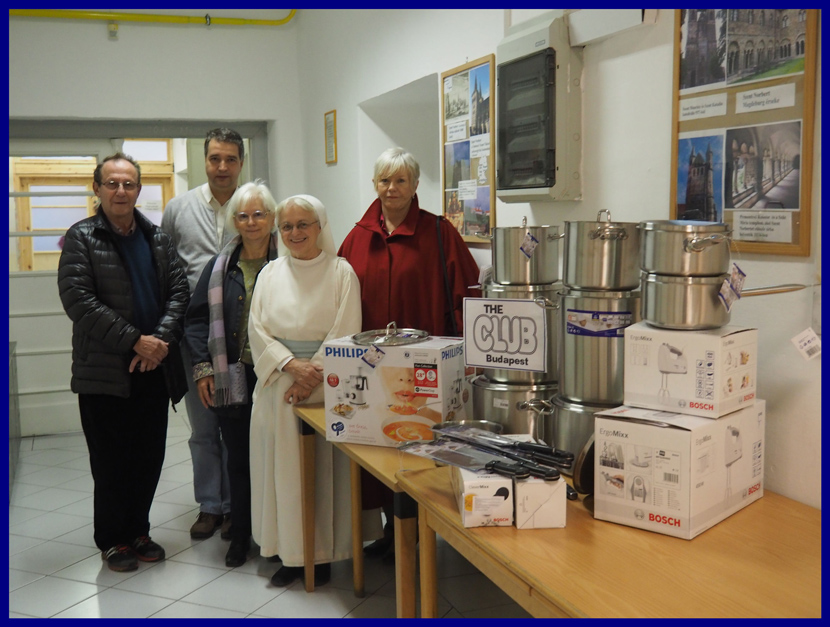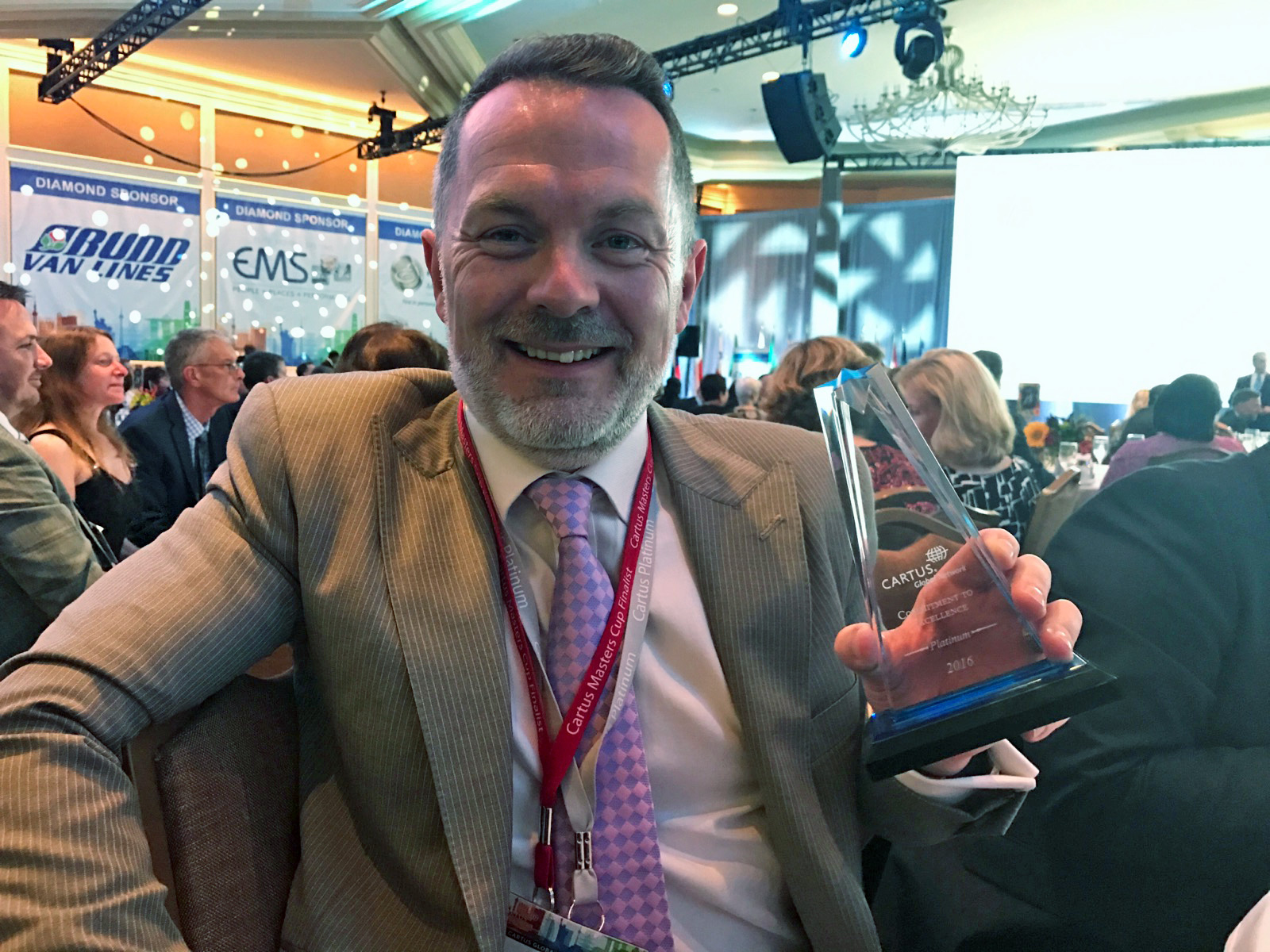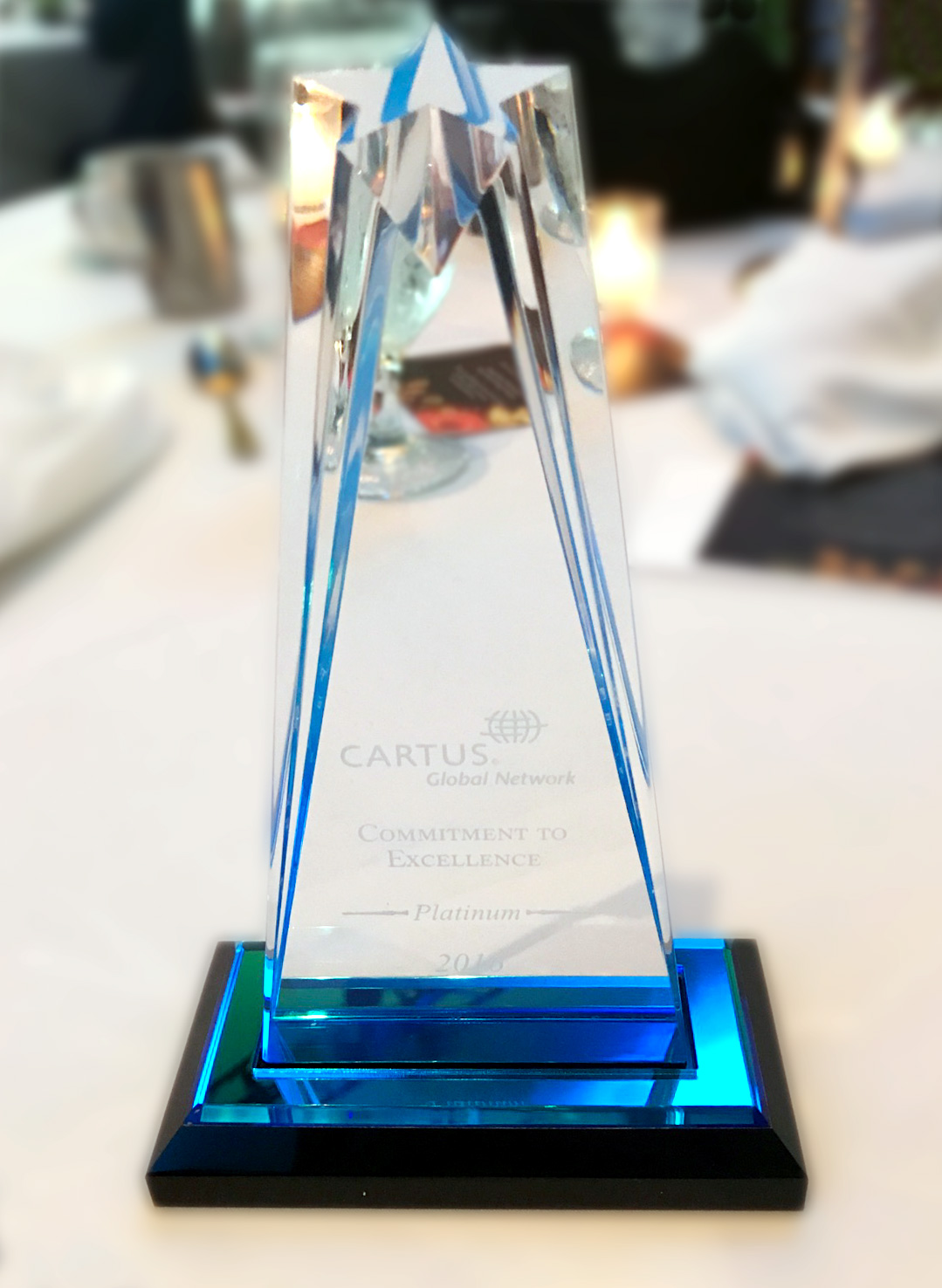Inter Relocation charity support efforts reached new heights again this year, contributing to a record-breaking fundraising event that benefits our wider community.
Inter Relocation helps The Club Budapest to raise a record sum to support the Children of Zsámbék.
We are happy to announce that a record amount of money was raised at last Friday’s Charity Horse Racing Evening. The event was organized by The Club Budapest, and we received the following report from them:
“The Club Budapest’s Fifth Annual Charity Horse Races
In aid of the Children of Zsámbék through the Norbertine Sisters’ work.
November 11, the Clubhouse, Champs, Dohány utca.
Main sponsor: Inter Relocation
127,000 HUF for the Children of Zsámbék!!!
Yes, a Record of Note!
The Club Budapest’s Fifth Charity Horse Racing Evening was an enormous success. Sweeping up the sawdust and horse droppings and discarded betting slips and counting the money from the record attendance took even longer than last year when the previous record of 100,000 HUF was raised!
The race cards and races could be seen from all over the clubhouse area – shown on all the TV screens and on the two big screens—with punters jumping around in joy or slumping despondently on the floor, or both in turn, as they watched their horse come from last to first or go from first to last in the final few strides—betting slips torn up or raced with to “not too” Honest Bob, the Club’s bookie, to collect their winnings and then, generally, straight to the Club’s Top Bookie’s Tout, who strangely placed himself strategically near “not too” Honest Bob, to purchase another betting slip… or two!
More details
The record attendance was sustained by the Chili con carne, served before the racing began, and refreshed during the racing by frequent re-filling of the glasses by Champs attentive staff—who were also able to keep up with the supply of handkerchiefs necessary to dry the tears of joy or disappointment…
So, First, Many Thanks to all who came to support the Children of Zsámbék and bet with such glee and enthusiasm, many even donating their winnings and more at the end of the evening…and Special thanks to The Club’s resident Bookie “not too” Honest Bob, and staff, and resplendent Bookie’s Tout, who all managed the challenges of the electronic (??) tote board, the punters’ cheers and tears, and of course the selling and taking of bets and the (reluctant?) paying out, with aplomb…
The Club will be buying equipment for the Norbertine Sisters’ kitchen training workshop with the money raised!
And finally, thanks to those others who, without them, the evening would not have been so successful – the many Race Sponsors, private and corporate; to friends who couldn’t be there but made donations; and last but by no means least, our Main Sponsor Inter Relocation!”
Inter Relocation is proud to be the main sponsor of this charity event to support the Children of Zsámbék. More about Inter Relocations’s charity work: HERE
Congratulations to the organizers and members; we always love receiving good news like this!








